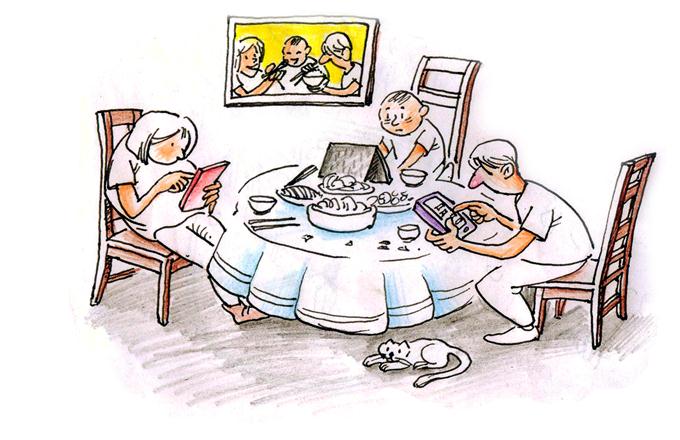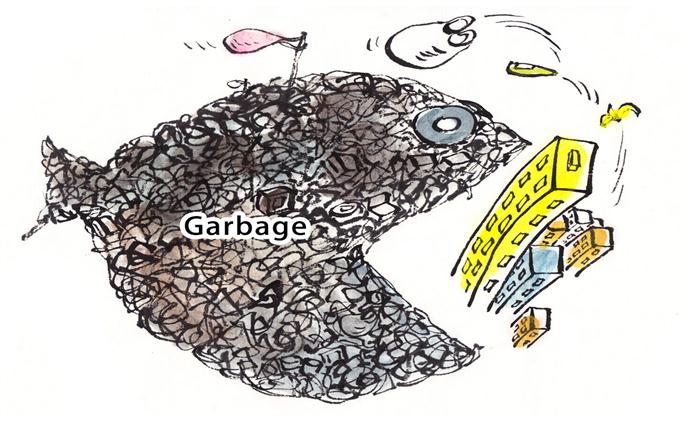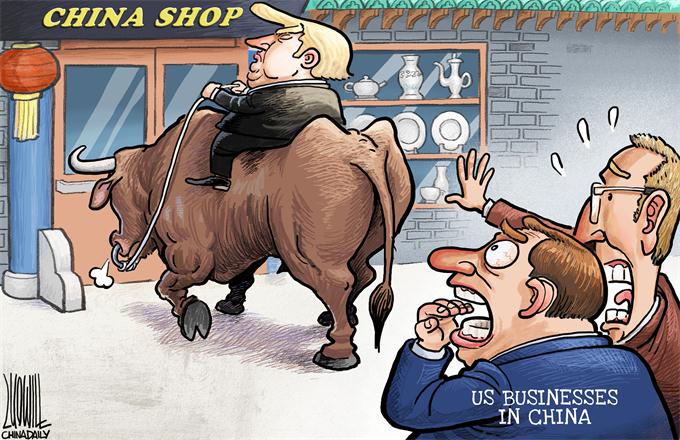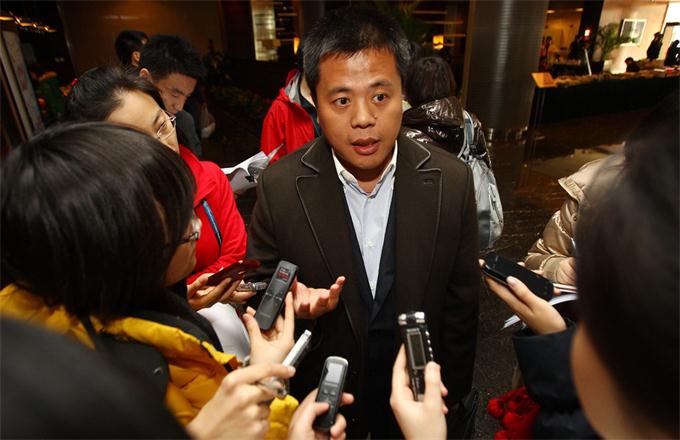Fight separatism in HK
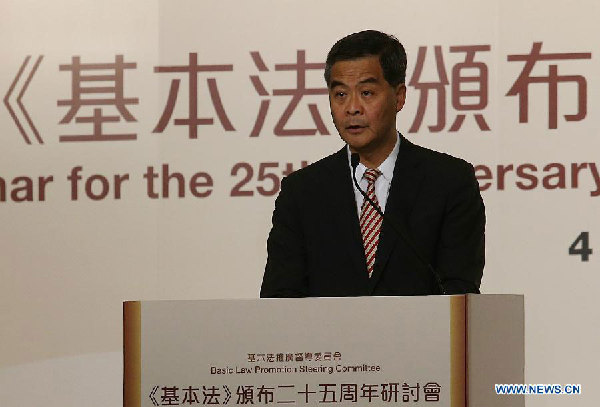 |
|
Hong Kong Chief Executive Leung Chun-ying speaks at a seminar for the 25th anniversary of the promulgation of the Basic Law in Hong Kong, April 4, 2015. [Photo/Xinhua] |
President Xi Jinping, in a meeting with Leung Chun-ying, chief executive of the Hong Kong Special Administrative Region, in Beijing on Friday, praised Leung and the SAR government for their efforts to safeguard national sovereignty and the principle of One Country, Two Systems.
This is yet another signal to those intent on seeking "Hong Kong independence" that the authorities have zero tolerance for separatism and will never let their guard down against it.
Leung, who was delivering his work report for the year, was on what is expected to be his final duty visit to Beijing as chief executive, as his term in office ends on July 1 next year. Xi's remarks emphasize that there should be no doubt that the next chief executive is expected to follow Leung's example and exercise the utmost vigilance against separatism.
Hong Kong's rule of law has been challenged repeatedly by separatist groups, sometimes violently, since the Occupy Central illegal movement in fall 2014. As recently as last month, some lawmakers elect demonstrated their "independence" aspirations by violating Article 104 of the Basic Law and Section 21 of HK's Oaths and Declarations Ordinance. Two of them-Leung Chung-hang and Yau Wai-ching-have since been disqualified as Legislative Council members by the High Court.
So far those separatist opposition politicians have shown no sign of remorse. On the contrary, they are soliciting cash donations to fund their court cases and seeking assistance elsewhere, which suggests the fight against separatism will very likely intensify in the days ahead.
Since those seeking "independence" jeopardize the SAR's economic development and social stability, also undermine national sovereignty and security, the authorities should continue to contain "Hong Kong independence" according to the law. This is the only way to respect the wishes of the overwhelming majority of HK residents and protect the interests of both the SAR and the country.





